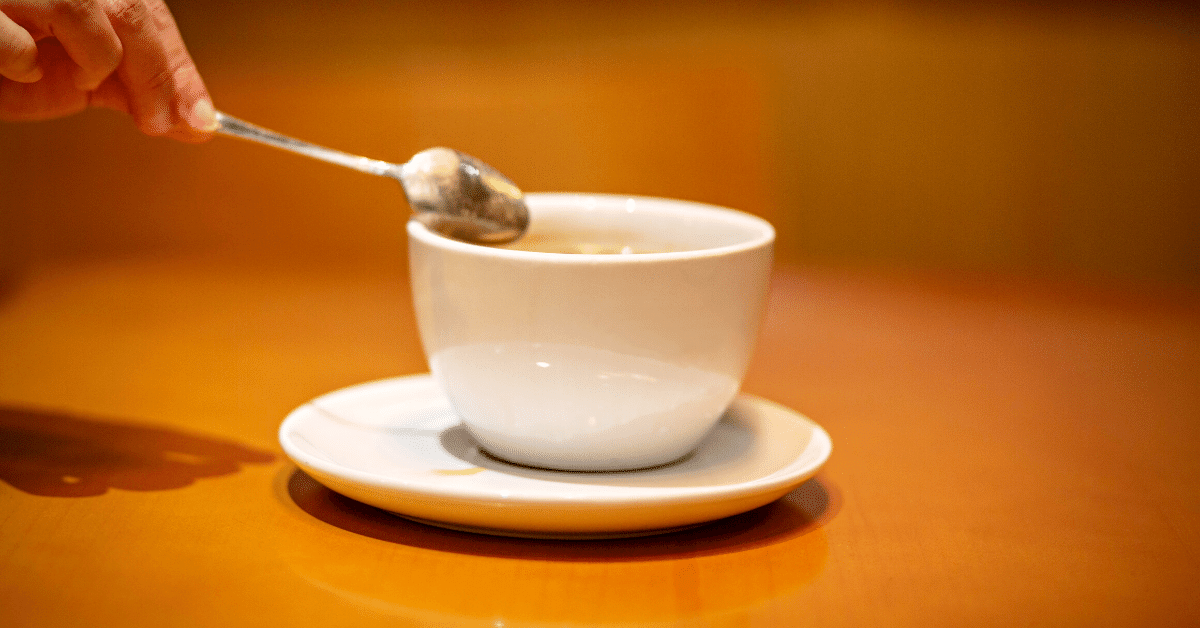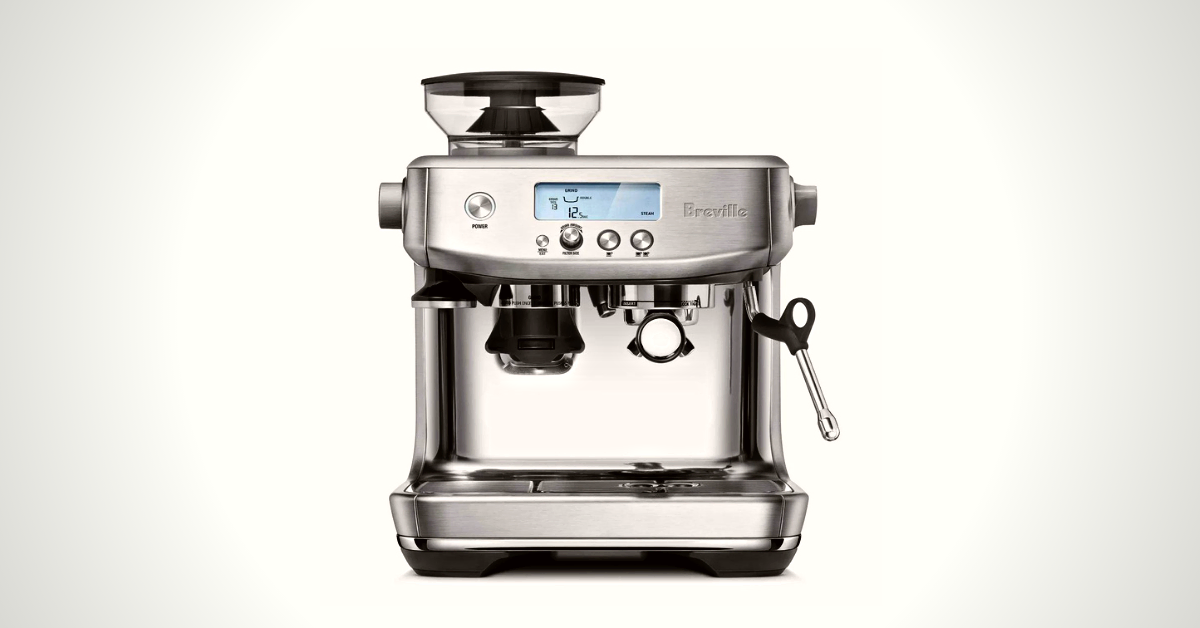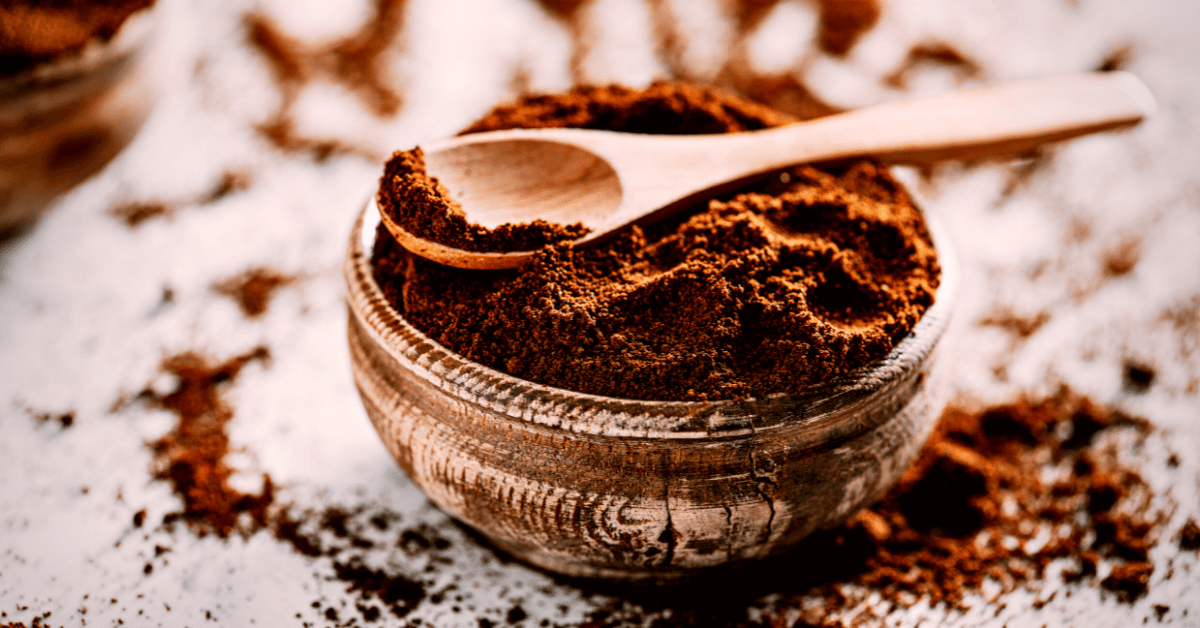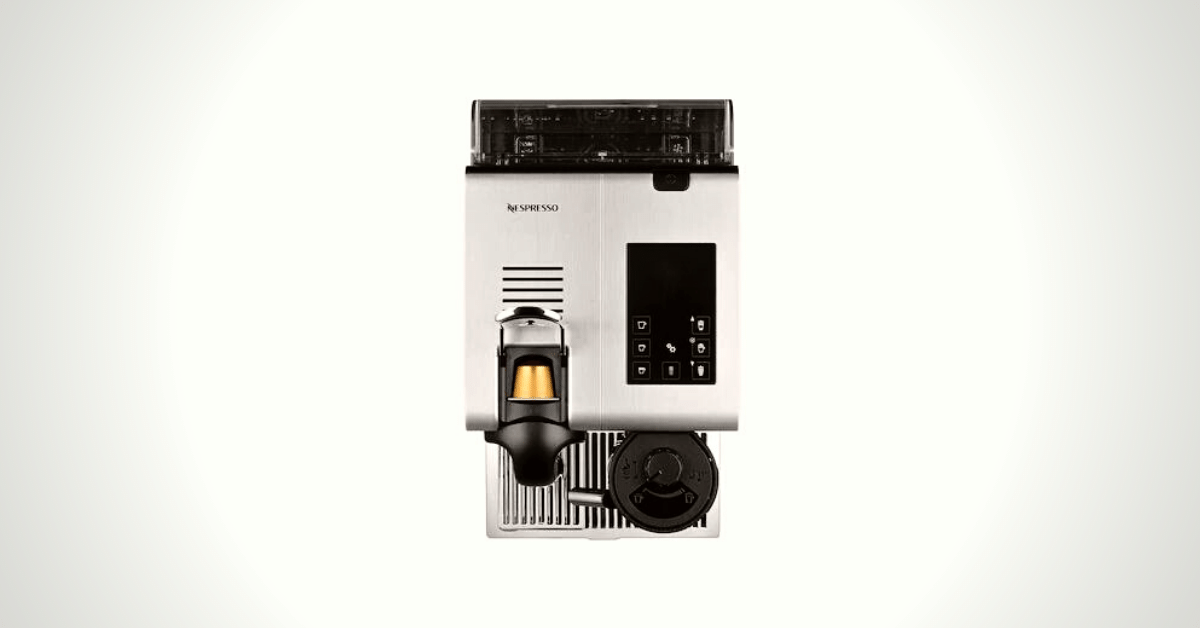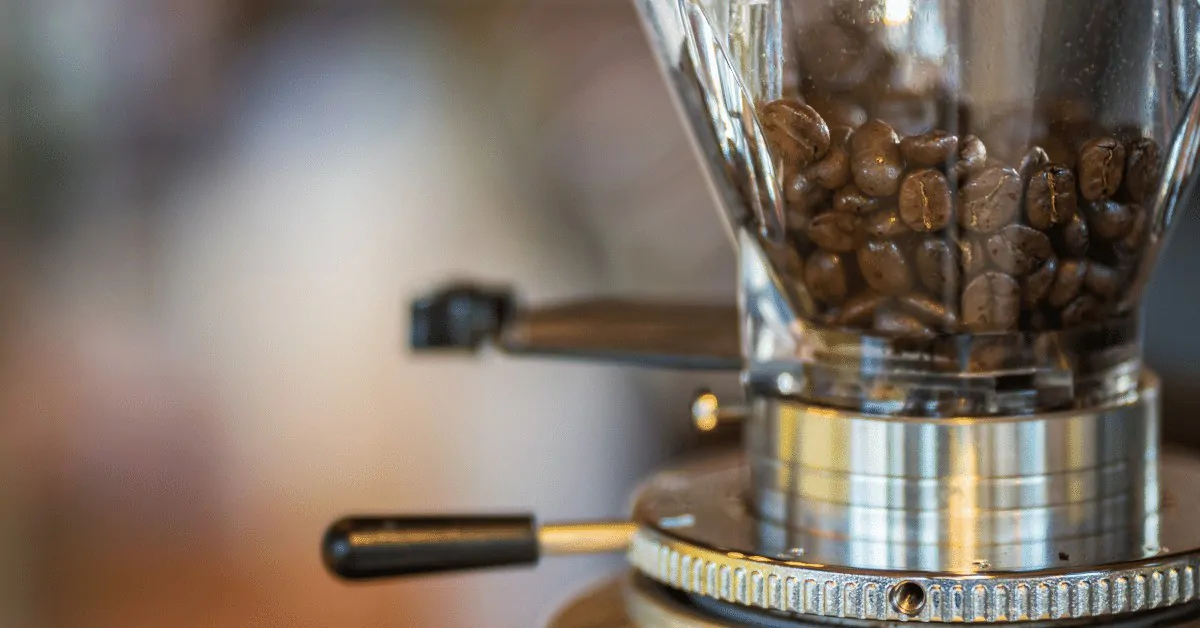Does decaf make you hit the bathroom a couple of times?
Is decaf coffee a diuretic? Or you’re simply drinking too much?
The short answer is no – decaf isn’t a diuretic.
Well, not unless you go wild and drink gallons of it.
I researched all the facts about decaf coffee’s influence on the body and collected all the important info about its possible diuretic effect.
Let’s dive in!
Is Decaf Coffee a Diuretic?
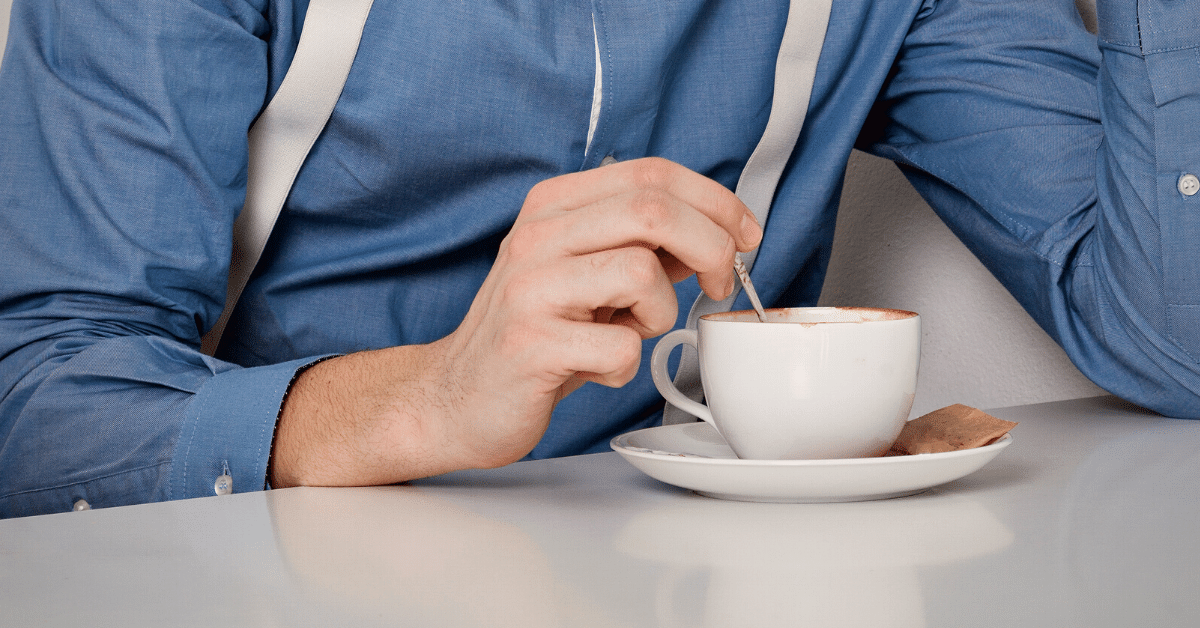
It’s true that drinking coffee can generally have a mild diuretic effect. But that’s only thanks to the caffeine content in it.
However, that’s exactly the substance decaffeinated coffee is missing.
It doesn’t take much to conclude that decaf coffee isn’t a diuretic.
All the liquid you excrete through the urine is what you’ve taken in through coffee.
In other words, decaffeinated coffee hydrates your body the same way water does.
Important Facts About Diuretics
Speaking in medical terms, a diuretic is a substance that helps the body get rid of excess fluid and sodium.
You see, neither too much sodium nor water is good for your body. It makes your organs, such as the heart and kidneys, work extra hard to balance out the amount of water in your body.
A diuretic helps out by stimulating the kidneys to release more sodium than usual. The extra sodium then helps get rid of water from your blood system, which later leaves your body when you’re taking a leak.
For that reason, diuretics are used as a medication for certain conditions, such as high blood pressure and edema.
You should also know that consuming diuretics can be risky if you have certain health issues. These include diabetes, pancreatitis, lupus, menstrual, and kidney problems.
Furthermore, diuretics can interact with and even counter, some medication. That’s especially the case with antidepressants, as they have quite the opposite effect from the one caffeine does.
Other medications that can don’t go well with diuretics are certain immunosuppressants and drugs for high blood pressure.
That’s why it’s recommended for people with these health conditions to switch to decaffeinated coffee.
Decaf vs Regular Coffee Diuretic Effect
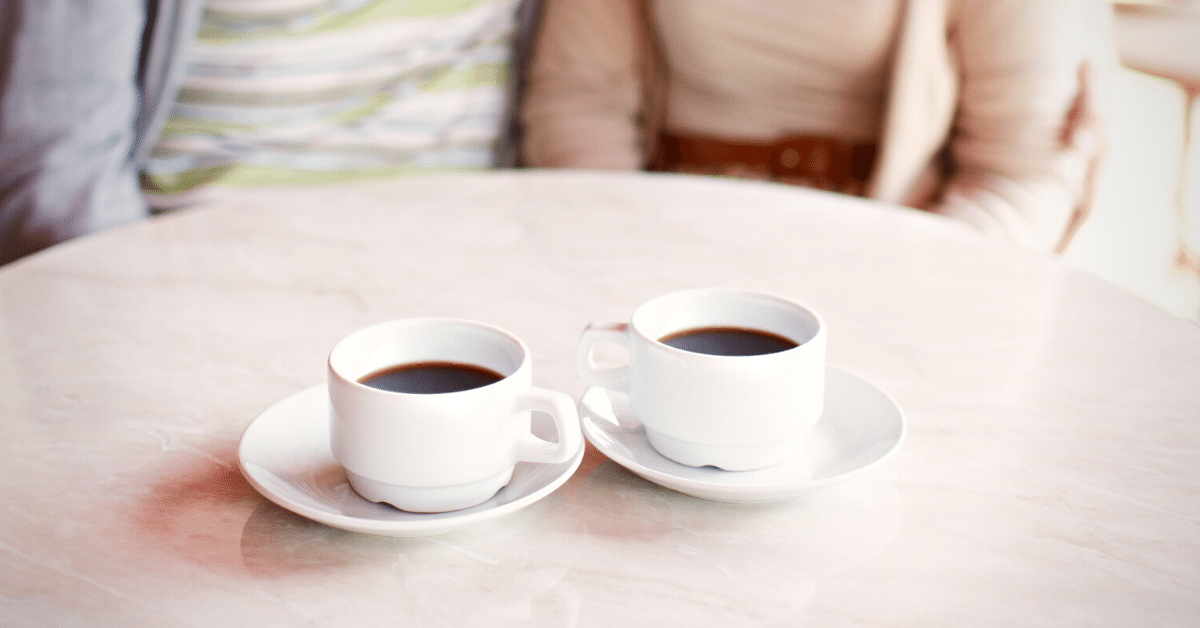
Remember how I said that regular coffee is a mild diuretic?
What I mean by this is that it takes a lot of caffeinated coffee to actually achieve a diuretic effect on the body.
Several studies have been done on the subject.
And they found out that you need to consume roughly 500 milligrams of caffeine daily for it to actually have a diuretic effect.
I’ve done some math so that you don’t have to. And regardless of what type of regular coffee you prefer drinking, that’s way too much for a daily intake. To intake 500 milligrams of caffeine, you’d have to drink:
- seven shots of espresso, or
- three 8-ounce cups of drip coffee, or
- two and a half 16-ounce cups of cold brew
By the time you drink this much coffee, you’ll probably also have extremely shaky hands and a racy heart from all that caffeine intake. Going to the bathroom way too often seems like less of an issue compared to these symptoms.
Now, the decaffeination process doesn’t actually get rid of caffeine content entirely. There is always 1 to 3 percent of caffeine remaining on the decaf coffee beans, which is quite negligible.
For the sake of science, let’s do some math.
An 8-ounce cup of decaf drip coffee would have no more than 5 milligrams of caffeine.
So to actually reach the required caffeine amount to have a diuretic effect, you’d have to drink about 100 cups of decaf. In other words, that’s roughly 6 gallons!
With so much liquid intake, you’d spend most part of the day in the bathroom anyways, even without the diuretic effect of caffeine.
Plus, drinking decaf coffee in such a huge amount would potentially cause more serious issues than taking a leak way too often.
You see, the decaffeination process of striping caffeine from a coffee bean is done using different types of chemicals.
Some of them, such as methylene chloride, are synthetic, meaning they’re not naturally found in coffee. And as such, they can be damaging to our health in large amounts.
Generally, that’s not an issue because the FDA limits the amount of these substances in the final product to be no bigger than 0.001 percent.
But if you were to drink those 100 cups of decaf coffee for its diuretic effect, you might also experience poisoning from these substances as well.
Well, unless you drink decaf coffee made with a Swiss Water technique. This decaffeination process strips the caffeine molecule from green coffee beans without chemicals. In that case, decaf coffee consumption is pretty much safe.
FAQ

Have other decaf-related questions? In this section, I’ll answer some of the most common questions related to decaf coffee.
What are the side effects of decaf coffee?
Generally, decaf coffee is considered to be healthy. But one common side effect is a higher level of bad cholesterol. For that reason, it’s not recommended to drink too much decaf coffee per day.
Does decaf coffee increase urination?
Decaf coffee doesn’t have a diuretic effect, so it doesn’t cause you to use the restroom more than usual. However, since it’s acidic, it can irritate the lining of your bladder. For that reason, it can cause the muscles to spasm just like they would when the bladder is actually full.
How many cups of decaf coffee can you drink a day?
Since it doesn’t contain caffeine, there’s no recommended daily dose of decaf coffee. But consuming too much can increase your level of bad cholesterol. So if you already have cardiovascular problems, you should limit how much decaf coffee you drink a day.
Final Words
The ingredient that makes coffee a diuretic is caffeine. And since decaffeinated coffee has as much as 97% of caffeine content removed, there’s nothing in it that makes you use the bathroom more.
But even regular coffee won’t have much of a diuretic effect. You’d have to drink more than a daily recommended amount to actually notice any outcome.
Does coffee make you nauseous? Check out our article on the matter to find out why.

